I reviewed 11 books, all Taiwan-related, this year, plus Alan Hollinghurst’s new and excellent UK-based novel The Sparshalt Affair. Of the 11, several stand out in the memory.
Camphor Press is currently dominating the Taiwan English-language book scene, following its acquisition of the rich backlist of Eastbridge Books in the UK, all Asia-related. The most extraordinary of these so far has been Party Members by Arthur Meursault (a pseudonym), a novel that’s savagely satirical of virtually every aspect of Chinese life (reviewed & March 2). I found it too harsh at the time, but now I find I can’t stop thinking about it.
Also from Camphor was a classic Korean novel, Everlasting Empire, about one day in that country’s court life 200 years ago. It’s hard going in places, but would undoubtedly be a major work in any country’s literature (reviewed Aug. 31). Murders and schemes to flee persecutors are only a half of it. If you want something solid to read over the New Year, this could well be it.
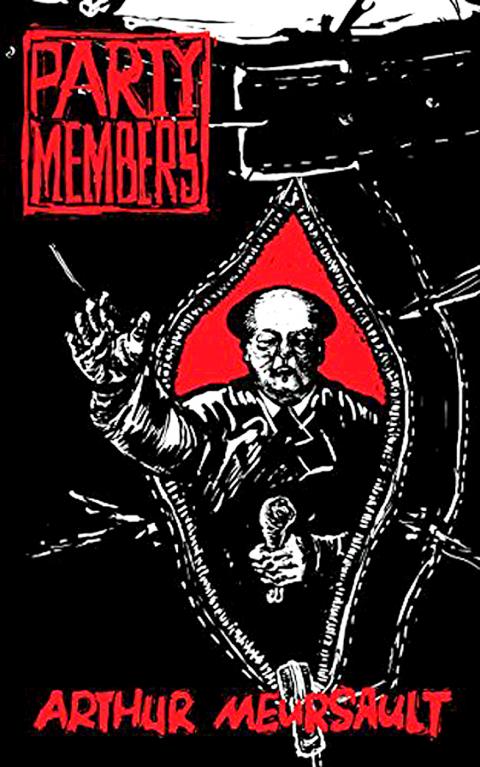
From Columbia University Press came a belated translation of Remains of Life by Wu He, an attempt by a well-known writer in Chinese to get to the truth of what happened in the notorious Wushe Incident (霧社事件) where many Japanese and others were killed by militant sections of the Aboriginal community (reviewed May 18).
On the eccentric margin was David Barton’s Lazar and Leper, a small picture-book with laconic texts in accompaniment about, well, you’ll have to make your mind up on that. Surrealism blends with the cartoon format in what is sometimes an indigestible mix from someone who’s been dubbed “Taiwan’s Samuel Beckett” but I consider more akin to William Burroughs (reviewed June 5).
Lastly, the most impressive book I’ve read on Chinese literature was Zhu Shoutong’s New Literature in Chinese (reviewed Jan. 19). Professor Zhu, who teaches at the University of Macau, argues for the inclusion of books written in Chinese from Taiwan, Hong Kong, Macau and Singapore, as well as further afield, in a category that has often been taken to refer only to literature from China. His prose is suave and lucid, and his mind and sympathies clearly wide-ranging and humane. In the final analysis, this would be my number one choice for 2017.
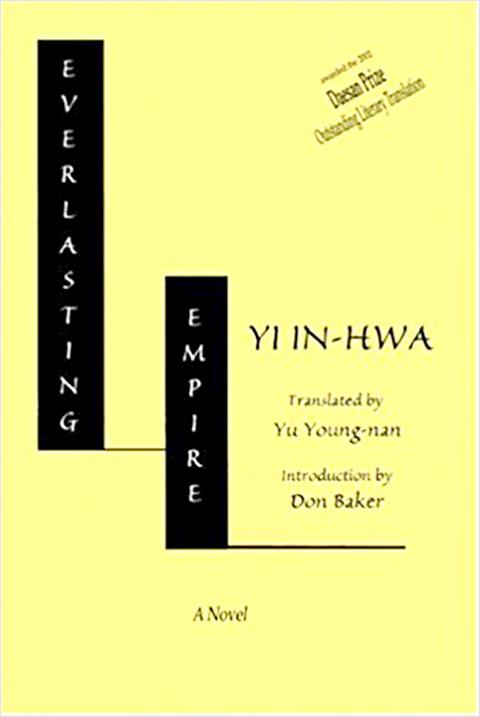
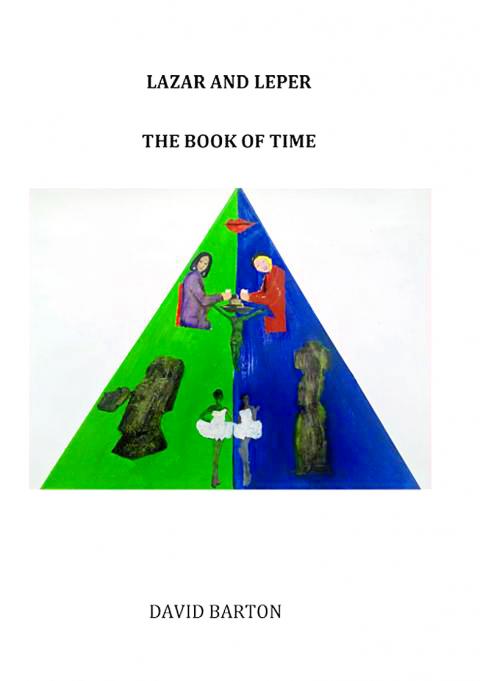
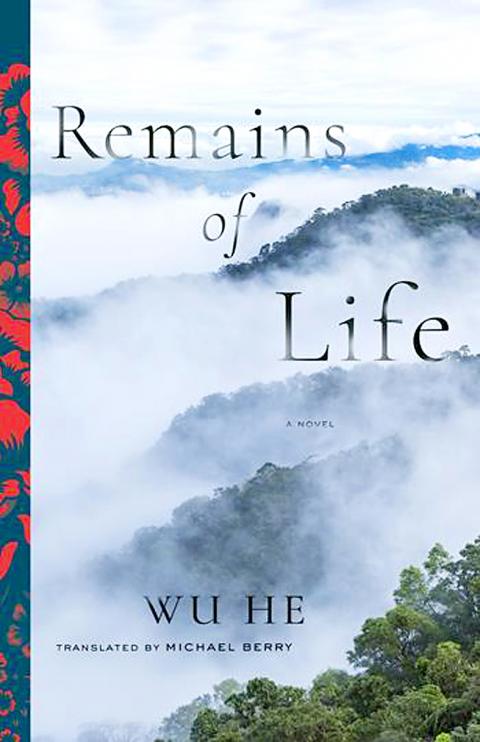
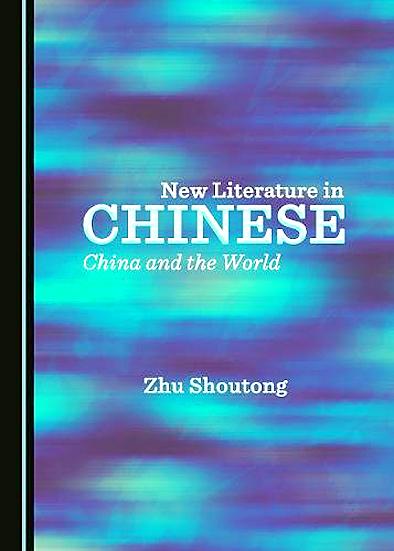

It’s a good thing that 2025 is over. Yes, I fully expect we will look back on the year with nostalgia, once we have experienced this year and 2027. Traditionally at New Years much discourse is devoted to discussing what happened the previous year. Let’s have a look at what didn’t happen. Many bad things did not happen. The People’s Republic of China (PRC) did not attack Taiwan. We didn’t have a massive, destructive earthquake or drought. We didn’t have a major human pandemic. No widespread unemployment or other destructive social events. Nothing serious was done about Taiwan’s swelling birth rate catastrophe.

Words of the Year are not just interesting, they are telling. They are language and attitude barometers that measure what a country sees as important. The trending vocabulary around AI last year reveals a stark divergence in what each society notices and responds to the technological shift. For the Anglosphere it’s fatigue. For China it’s ambition. For Taiwan, it’s pragmatic vigilance. In Taiwan’s annual “representative character” vote, “recall” (罷) took the top spot with over 15,000 votes, followed closely by “scam” (詐). While “recall” speaks to the island’s partisan deadlock — a year defined by legislative recall campaigns and a public exhausted

In the 2010s, the Communist Party of China (CCP) began cracking down on Christian churches. Media reports said at the time that various versions of Protestant Christianity were likely the fastest growing religions in the People’s Republic of China (PRC). The crackdown was part of a campaign that in turn was part of a larger movement to bring religion under party control. For the Protestant churches, “the government’s aim has been to force all churches into the state-controlled organization,” according to a 2023 article in Christianity Today. That piece was centered on Wang Yi (王怡), the fiery, charismatic pastor of the

Hsu Pu-liao (許不了) never lived to see the premiere of his most successful film, The Clown and the Swan (小丑與天鵝, 1985). The movie, which starred Hsu, the “Taiwanese Charlie Chaplin,” outgrossed Jackie Chan’s Heart of Dragon (龍的心), earning NT$9.2 million at the local box office. Forty years after its premiere, the film has become the Taiwan Film and Audiovisual Institute’s (TFAI) 100th restoration. “It is the only one of Hsu’s films whose original negative survived,” says director Kevin Chu (朱延平), one of Taiwan’s most commercially successful